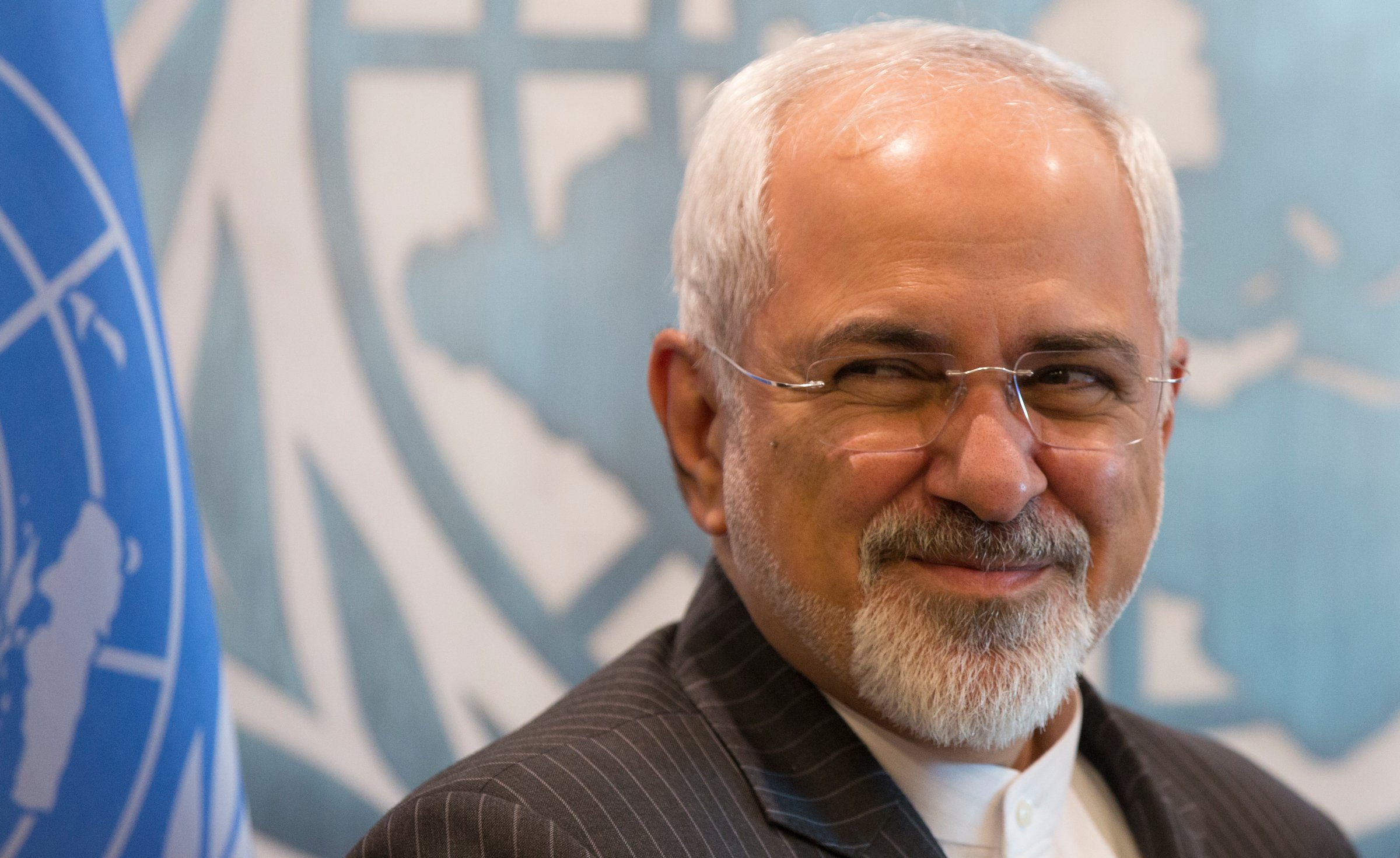
Let’s begin with the obvious: There are no easy answers in the Middle East. We should know that by now. We’ve had plenty of experience. And so reasonably informed citizens should hold onto their wallets, and their votes, when politicians (and columnists) make stark declarative statements about the region. The truth is, there hasn’t been a successful act of outside military intervention in the Middle East since George H.W. Bush’s stringent Operation Desert Storm in 1991, which was carried out with robust Arab support—and the subsequent no-fly zones that limited Saddam Hussein’s power in Iraq.
So when assorted Republicans—including almost all the GOP presidential candidates—say that Vladimir Putin is “eating Obama’s lunch in Syria,” it is safe to assume they are wrong. Indeed, the President is probably right that Putin, the desperate presider over a collapsing economy, is wading into “a quagmire” there, a last-ditch attempt to save Bashar Assad’s regime that will inflame the Saudis and end disastrously. But since this is the Middle East, the President doesn’t have it completely right, either. The Russian quagmire is our own. We’re stuck in Syria too—stuck between our national-security interest, which is the defeat of ISIS, even if it means keeping Assad in power, and the interest of our putative allies, the Saudis, who vehemently oppose Assad.
Mohammad Javad Zarif, the Iranian Foreign Minister, recently passed through New York City for a series of meetings. One, with his fellow alumni from the University of Denver, was on the record. Others were private, but the message was the same: The major problem in the Middle East is a rogue strain of Islam, invented by Saudi Arabia’s Wahhabis, that has given rise to radical Islamic movements–unlike Obama, Zarif isn’t afraid to use that term—like ISIS, al-Qaeda and the Taliban.
Israelis will disagree. There’s also Hizballah, fully backed by Iran, which poses an immediate threat to their country (if not ours). But Zarif has a point: the Saudis have been the overwhelming source of not only World Trade Center bombers but also radical Islamic missionaries, who have used religious schools—madrasahs—to spread a doctrine of hatred through the Islamic world. And that ideology does represent a direct threat to America. As Zarif pointed out, ISIS has no influence on Shi’ite Iranians, but the Saudi public “is more sympathetic.” After all, the Saudis have been schooled by Wahhabis too.
The fact is, our Middle East policy has been badly out of whack because of our lack of contact with Iran. We have been enthralled by the Saudis–yes, oil and Iranian intransigence had something to do with it—but, finally, we are no longer stuck with them. It’s good that Obama has been working to reassure the kingdom that we haven’t “changed sides” after the Iran nuclear deal, but the reassurances should be kept within reason. We shouldn’t be backing the Saudis in their Yemen quagmire, especially since it seems the Iranians may be willing to help negotiate an end to the fight. “The Saudis are not willing to have discussions with us about this,” Zarif said at the University of Denver event. Of course, Zarif’s ability to negotiate is proscribed by the Iranian military, which supports the Shi’ite rebels in Yemen.
And then there’s Syria. Our interests don’t align completely with Iran there—Zarif isn’t shy about his alliance with Russia and Assad, backed by Hizballah forces—but, as with Yemen, he has been trying to sell a negotiated solution for months, a four-step plan that involves a cease-fire, a regional diplomatic process to restore basic government services in Syria, ending in free elections. “There’s some merit to it,” a former American diplomat with experience in the region told me. “But it would have more credibility if Assad took the first step and stopped using barrel bombs against his own people–and the last step: a guarantee he won’t participate in the elections.” The fact is, despite Obama’s foolish “Assad must go” pledge, our national interests lie closer to the Shi’ites than the Saudis in this most important case. We can hold our nose and tolerate Assad, for the moment, but we cannot allow ISIS to win control of Syria, or Iraq … or Afghanistan, where ISIS terrorists are a growing threat, a direct threat to Iran’s eastern border.
Zarif’s Syria plan is as unlikely to succeed as any of the other nonproposals out there, but it does reflect a stark reality: that Iran will have to be involved in any diplomatic solutions going forward, despite Saudi opposition, especially those that involve the explosive Sunni-Shi’ite rift. In the end, there is one simple declarative sentence that actually works: Our top priority is destroying ISIS. The U.S. will work to find common ground with any country in the region that promises a strong response against the Islamic State.
More Must-Reads from TIME
- Donald Trump Is TIME's 2024 Person of the Year
- Why We Chose Trump as Person of the Year
- Is Intermittent Fasting Good or Bad for You?
- The 100 Must-Read Books of 2024
- The 20 Best Christmas TV Episodes
- Column: If Optimism Feels Ridiculous Now, Try Hope
- The Future of Climate Action Is Trade Policy
- Merle Bombardieri Is Helping People Make the Baby Decision
Contact us at letters@time.com